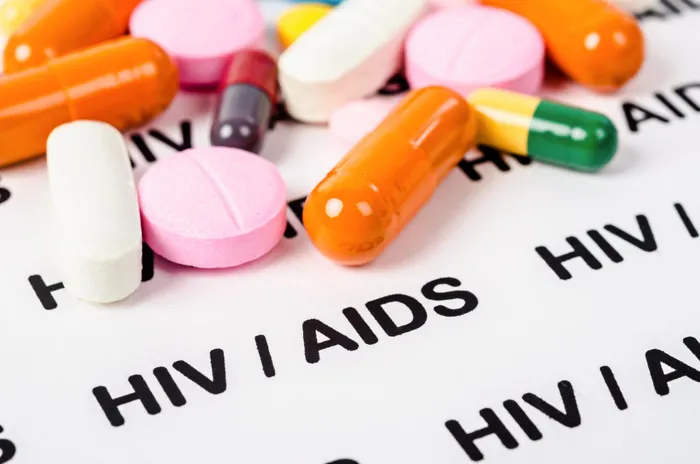Pharmacists will finally apply for HIV treatment permits

The SCA supported the Pimad initiative to enhance HIV treatment access to patients when it turned down an appeal by a group of doctors who had objected to this as they felt this was stepping on their domain.
Image: File
THE South African Pharmacy Council (SAPC) is hoping that as soon as November, pharmacists who have already completed supplementary training, will be able to apply for permits to provide HIV medications.
"We anticipate by November people should start applying for permits," SACP registrar Vincent Tlala told a media briefing on Monday.
This comes days after the Supreme Court of Appeal (SCA) dismissed an appeal by the Independent Practitioners Association Foundation (IPA) seeking to stop the implementation of Pharmacist-Initiated Management of Antiretroviral Therapy (Pimart).
Pimart is an initiative that allows accredited pharmacists to administer first-line therapy for the treatment and management of HIV/AIDS. These include medicines like Post Exposure Prophylaxis (PEP), Pre Exposure Prophylaxis (PrEP) and first-line antiretrovirals (ARVs) and in complex cases, pharmacists would refer patients to clinicians.
Ordinarily, pharmacists are only permitted to dispense Schedule 1 and 2 medicines without a prescription from an authorised prescriber.
In light of persistently high infection rates, several years ago the health department requested the SAPC to investigate an intervention aimed at increasing patients’ access to antiretroviral medicines.
In 2018, they proposed Pimart. After several regulatory processes it was finalised in 2021, however litigation started in 2022 which the SAPC said had hindered its implementation.
Under Pimart pharmacists complete supplementary training, then apply for a permit issued by the Director-General to conduct consultations with people living with HIV/AIDS at a pharmacy or an approved healthcare setting.
“This initiative bridges critical gaps in care and supports the country’s National Strategic Plan (NSP) 2023–2028 for HIV, Tuberculosis (TB), and Sexually Transmitted Infections (STIs).”
The SACP's Dr Sham Moodley said there were already over 1000 healthcare professionals working within the pharmacy framework who had completed the training.
“So the block had been, they needed to be issued with the permit to utilise those schedule 4 drugs. That needs to go back to the D-G to be signed off so that process can continue in pharmacy. Then the second part is to expand that training programme to include more trained pharmacists and their staff in the programme so we can expand the services across the country.”
“What the pharmacy profession is hoping is that with Universal Health Coverage the movement towards NHI, this could be the first part of a module we could generate, like we did with Covid vaccines where we utilise the state stock and administer to the patients.”
The South African Pharmacy Council, together with stakeholders and the Department of Health, will work with speed to ensure that PIMART-trained pharmacists join other primary healthcare practitioners in providing primary care in relation to HIV and Aids. This includes the provision of first-line antiretroviral treatment, as well as HIV testing and prevention services.
“The PIMART programme is designed such that it fosters collaboration with other healthcare professionals (including nurses and doctors) in the provision of HIV care that is aimed at increasing accessibility to prevention and treatment in line with the national treatment guidelines.”
The SACP said everyone in the profession would be informed of the next steps in terms of the process to apply for permits and access Pimart training.
The Health Department and the IPA did not respond to further requests for comment by deadline.
Cape Times